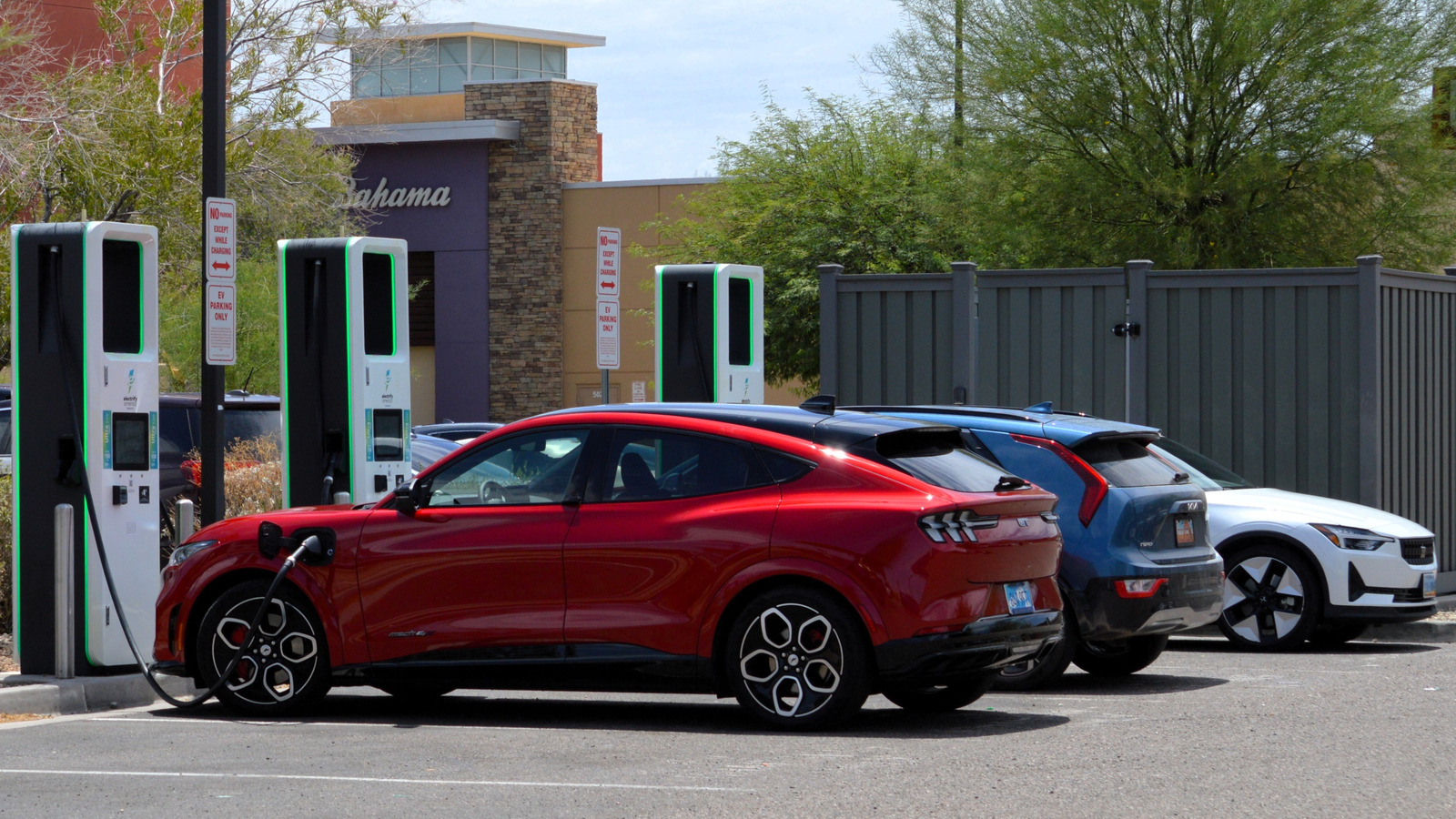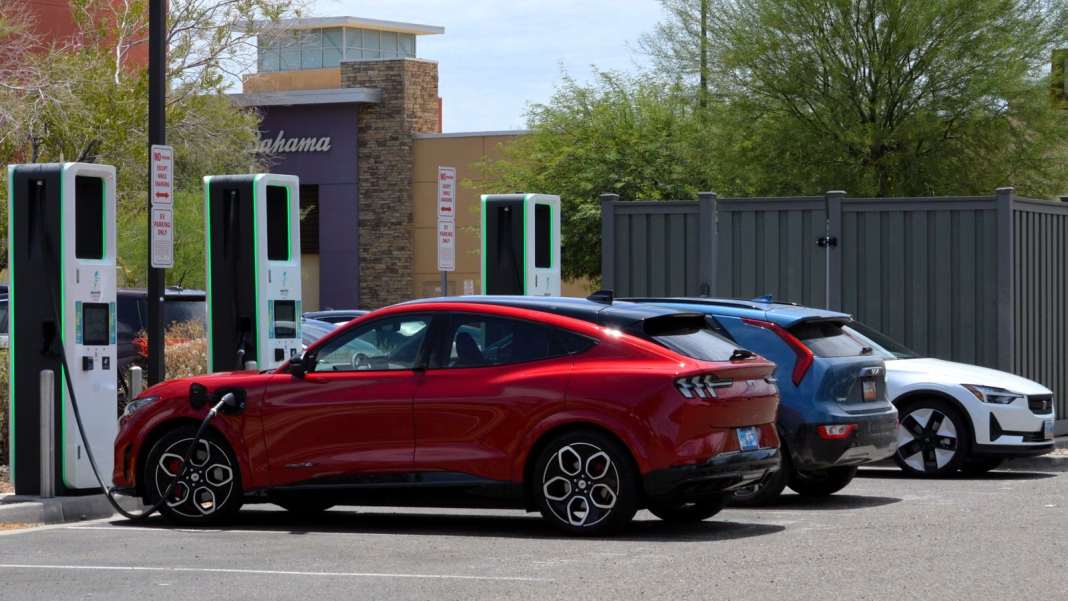The conversation around electric vehicles (EVs) has taken a surprising turn lately, especially when it comes to proposed taxes aimed at EV drivers. Instead of focusing on the practicalities of maintaining our roads or addressing environmental concerns, it seems we’re caught in the crossfire of a culture war. Let’s dive into what this means for drivers, the implications of such taxes, and why this debate is more than just about revenue.
Why Are We Taxing EV Drivers?
At first glance, a tax on electric vehicles might seem like a straightforward way to ensure that all drivers contribute to road maintenance. After all, traditional gasoline taxes fund infrastructure projects, and with more EVs on the road, there’s a growing concern about how to replace that lost revenue. However, the proposed annual tax of $200 for EV drivers raises eyebrows. It feels less like a genuine effort to maintain our roads and more like a political statement.
The crux of the issue lies in the perception of EVs. For some, these vehicles symbolize a shift towards sustainability and innovation. For others, they represent a challenge to traditional values and industries. This tax proposal can be seen as a way to push back against what some view as an encroachment of new technologies and lifestyles. It’s not just about the money; it’s about the underlying beliefs and attitudes toward the future of transportation.
What’s the Real Impact of This Tax?
Let’s break down what a $200 annual tax could mean for the average EV owner. While it might not seem like a hefty sum in isolation, it could deter potential buyers from making the switch to electric. For many, the initial cost of an EV is already a significant investment, and adding a tax could make the transition feel less appealing.
Moreover, this tax could exacerbate existing inequalities. EVs are often more accessible to those with higher incomes, and imposing additional costs could widen the gap between those who can afford to go electric and those who cannot. This isn’t just a financial issue; it’s a question of equity in the transition to a more sustainable future.
Are There Better Solutions?
Instead of imposing punitive taxes on EV drivers, there are more constructive ways to address the funding gap for road maintenance. For instance, implementing a mileage-based user fee could ensure that all drivers—regardless of their vehicle type—contribute fairly to infrastructure costs. This approach not only addresses the funding issue but also encourages more responsible driving habits.
Additionally, investing in charging infrastructure and renewable energy sources can create jobs and stimulate economic growth. By focusing on innovation rather than taxation, we can foster a more inclusive and forward-thinking transportation landscape.
The Bigger Picture
This debate is about more than just taxes; it’s a reflection of our values and priorities as a society. Are we willing to embrace change and invest in a sustainable future, or are we going to cling to the past? The conversation around EVs and infrastructure funding is a microcosm of larger cultural shifts happening across the country.
So, what’s the takeaway? The proposed tax on EV drivers isn’t merely a financial issue; it’s a symptom of a deeper cultural divide. As we navigate these changes, let’s focus on solutions that promote equity and sustainability rather than getting bogged down in a culture war. The big takeaway? Embracing innovation isn’t about perfection—it’s about smarter adjustments. Start with one change this week, and you’ll likely spot the difference by month’s end.


